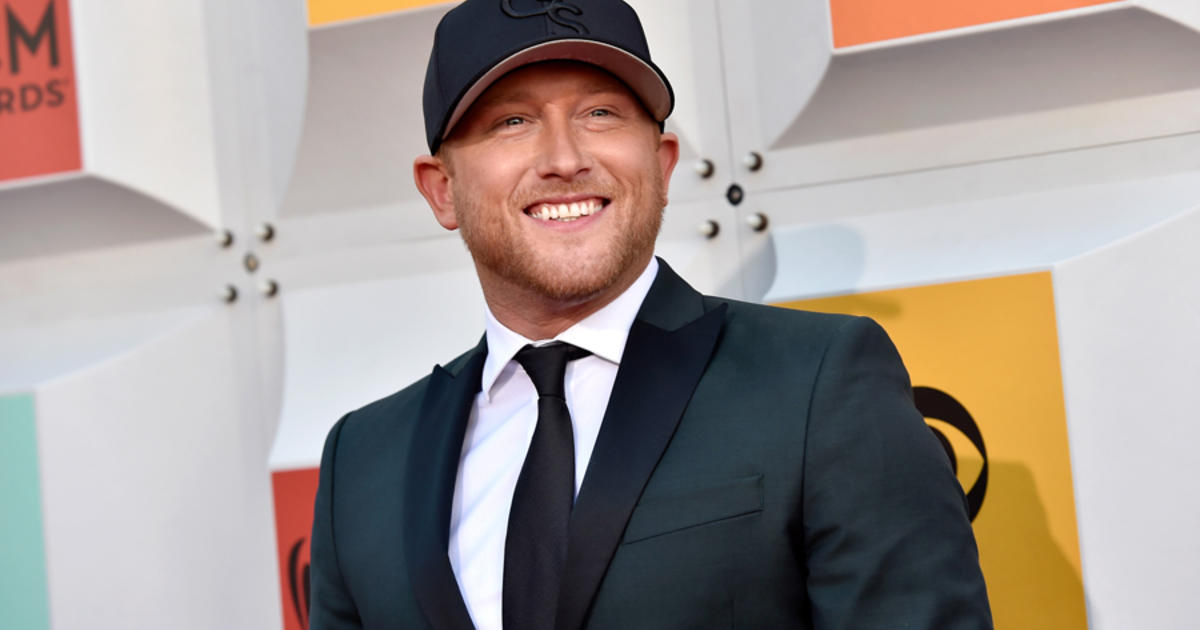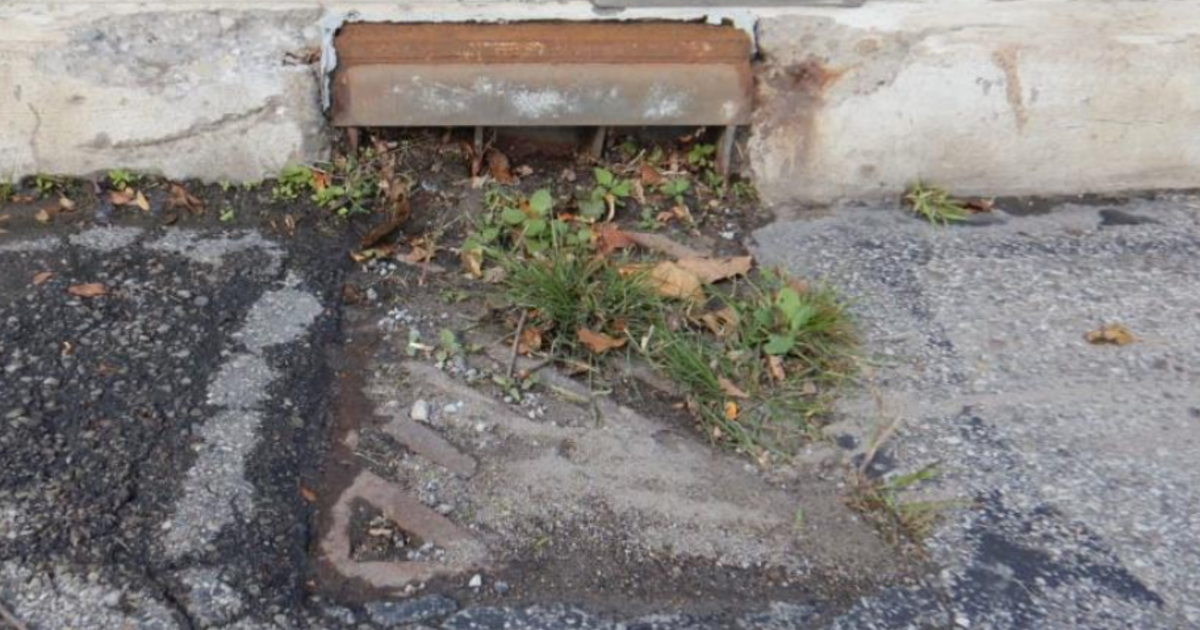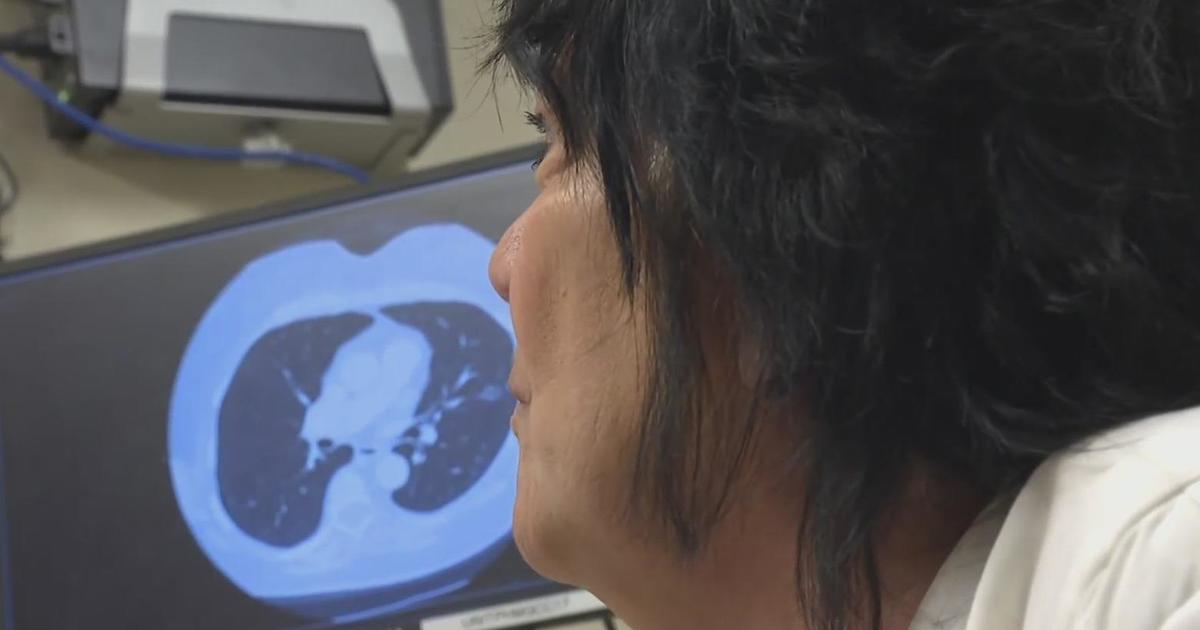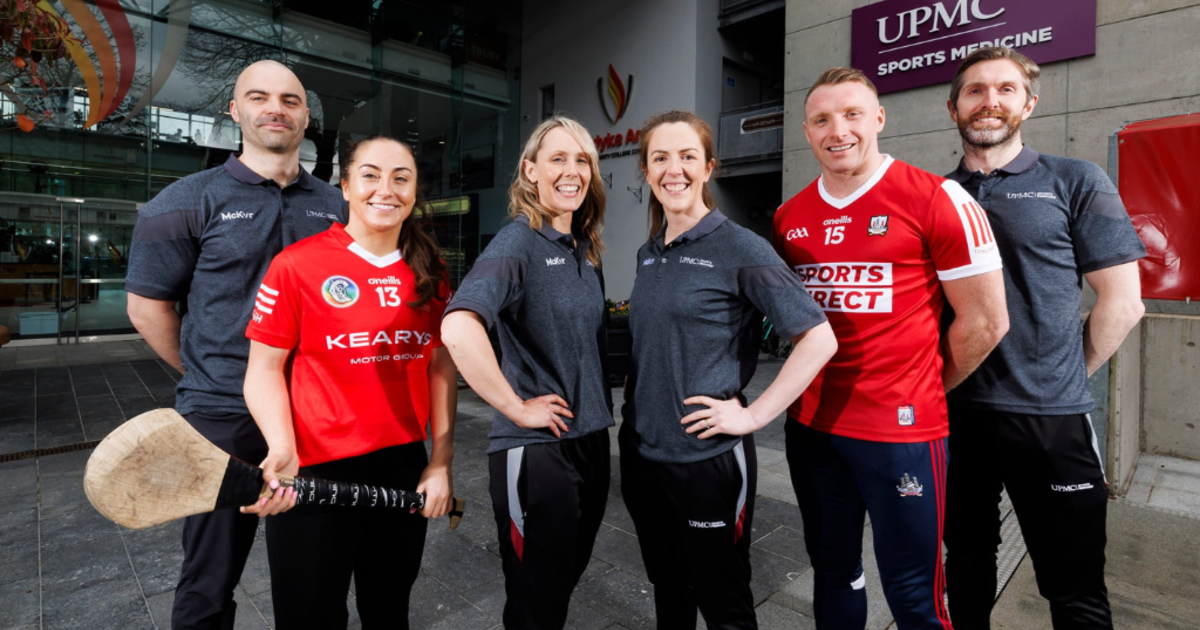After Johnson & Johnson Pauses Coronavirus Vaccine Trial, Pittsburgh Doctor Says Halting Trial Is 'Very Common'
PITTSBURGH (KDKA) -- Johnson & Johnson's late-stage coronavirus vaccine trial is on hold.
"It's actually very common to halt a trial. It is part of the scientific method," says Allegheny Health Network primary care internist Dr. Marc Itskowitz. "The safety of the trial is the key consideration, especially when giving otherwise healthy people something new."
RELATED STORY: Johnson & Johnson Presses Pause On Phase 3 Trials Of Coronavirus Vaccine After Volunteer Comes Down With Unexplained Illness
In this trial of 60,000 volunteers, one of the study participants has developed an unexplained illness.
"When you stimulate the immune system with a vaccine, we are always concerned about the possibility of an autoimmune condition, some condition where the body's immune system creates an inflammatory response," Dr. Itskowitz said.
The drugmaker has not disclosed the nature of the illness, citing patient privacy. The next step is for the independent Data Safety Monitoring Board to take a look.
"They have to decide whether the vaccine itself caused the reaction or whether this person's illness would have happened without the vaccine," says Dr. Itskowitz. "If it's only one person out of tens of thousands of recipients, that's pretty good. But obviously, the severity of the reaction will also be a key determinant as to whether they can continue the trial."
This development comes after AstraZeneca's vaccine trial was temporarily on hold due to a case of transverse myelitis or inflammation of the spinal cord. That trial has resumed in the U.K. but not in the U.S.
"The American standard has generally been higher than other countries, historically, on vaccine development," Dr. Itskowitz says.
How much time out Johnson & Johnson will need isn't clear yet, but it could delay study results, and eventually, vaccine availability.
"Sometimes these pauses can be very brief. They can be a matter of days, but it is possible that the pause would be longer," says Dr. Itskowitz. "A vaccine usually takes 10 or 11 years to be developed, and we're talking now about months to get a vaccine into the public. So I think these types of pauses remind us there are potential side effects, and that people are watching out for them."
This particular immunization against COVID-19 does not need to be frozen, and it's the only one that's a single shot. All the other vaccine candidates require two shots.
"By the end of the calendar year, one of these vaccines is going to get close to approval," Dr. Itskowitz says. "But we're not talking about general public deployment of this vaccine until at least 2021."



